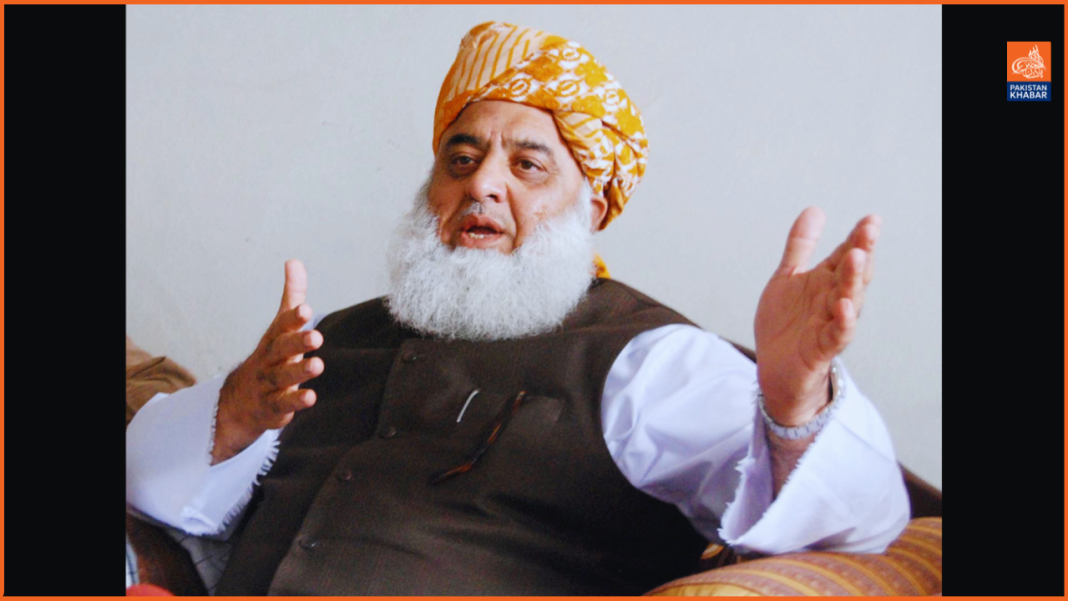On Friday, political dynamics shifted as opposition leaders and members of the ruling coalition gathered for simultaneous discussions with JUI-F chief Maulana Fazlur Rehman. This unprecedented convergence highlighted the growing momentum towards achieving consensus on the 26th constitutional amendment.
Maulana Fazl emerged as a pivotal mediator, orchestrating parallel dialogues between the PTI-led opposition and the government representatives from the PPP. These discussions unfolded at his residence, a site that had seen earlier meetings extending into the early hours of the day. The atmosphere was charged with anticipation as leaders from different factions arrived to engage in critical negotiations.
Deputy Prime Minister Ishaq Dar’s visit later that night added another layer to the discussions, as he met with Maulana Fazl for an hour. In an interesting twist, the Maulana adeptly managed to host both the opposition and PPP delegations in separate rooms, ensuring focused dialogue while fostering an environment of collaboration.
Notable arrivals included Senator Allama Nasir Abbas from the Majlis-i-Wahdat-i-Muslimeen (MWM), followed by various opposition groups. The PTI delegation, led by Barrister Gohar Ali Khan, featured prominent figures such as Omar Ayub and Asad Qaiser. Their discussions commenced at 4 PM, coinciding with the arrival of the PPP delegation, led by Bilawal Bhutto-Zardari, who sought to engage in constructive dialogue.
In subsequent media interactions, Senator Abbas praised Mr. Bhutto-Zardari’s respect for elder statesmen and commended Maulana Fazlur Rehman for his diplomatic efforts. As negotiations progressed, Barrister Gohar Ali Khan expressed optimism about reaching an agreement, suggesting that details would soon be relayed to PTI founder Imran Khan for his endorsement.
With hopes for consensus high, a delegation was poised to meet with Mr. Khan in Adiala jail to finalize discussions, especially regarding contentious issues like the selection process for the chief justice of Pakistan. The political landscape remains dynamic, with leaders from various parties working tirelessly to shape the future of the constitutional amendment, demonstrating a rare willingness to collaborate across party lines.




